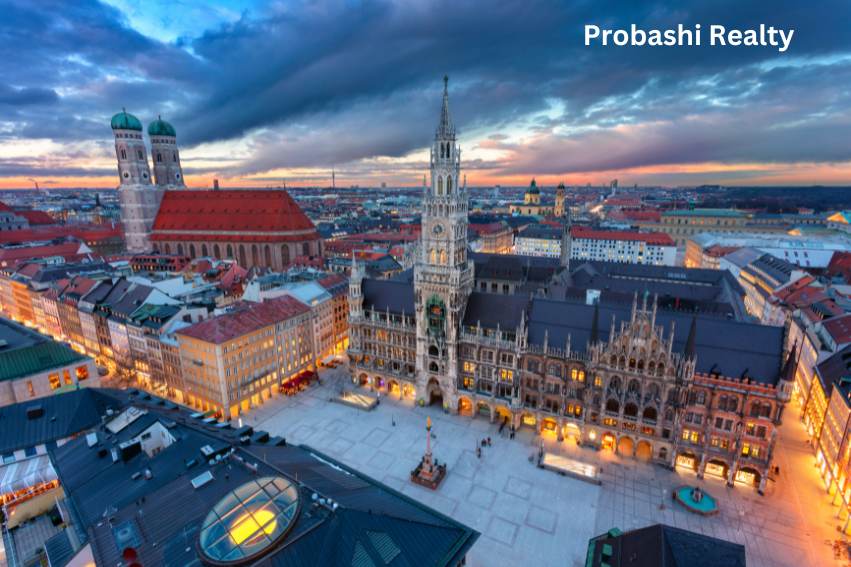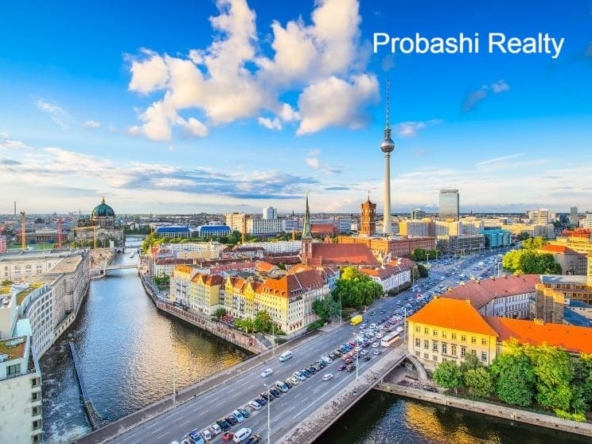Buying property in Germany as a foreigner is possible, but there are regulations and procedures to consider. Here’s a comprehensive overview:
-
Legal Framework:
- Germany generally allows foreigners to buy property without restrictions. However, there may be specific regulations for agricultural land and properties near military zones or borders.
- Non-EU/EEA citizens may face additional restrictions, and reciprocity agreements may apply depending on the buyer’s country of origin.
-
Types of Property:
- Residential Property: Apartments, houses, townhouses, and condominiums.
- Commercial Property: Offices, retail spaces, industrial buildings, etc.
- Land: Building plots, agricultural land, etc.
-
Ownership Options:
- Freehold Ownership: Most properties in Germany are sold as freehold (freehold or “Eigentum”).
- Leasehold Ownership: Leasehold (leasehold or “Erbbaurecht”) is less common but allows long-term use of land with the right to build and develop.
-
Legal Process and Documentation:
- The property purchase process typically involves signing a purchase contract (Kaufvertrag) and transferring ownership at the Land Registry Office (Grundbuchamt).
- It’s advisable to engage a German notary (Notar) to oversee the transaction, as they play a crucial role in property transactions and ensure legal compliance.
-
Financing:
- Foreigners can access financing from German banks to purchase property. However, the terms may vary, and a significant down payment may be required.
- Non-residents may face stricter lending criteria and higher interest rates compared to residents.
-
Taxation:
- Property Transfer Tax (Grunderwerbsteuer): This tax is payable by the buyer upon property acquisition and varies by federal state (Bundesland). The rate typically ranges from 3.5% to 6.5% of the purchase price.
- Real Estate Transfer Tax (Grundsteuer): This tax is levied annually on the property’s assessed value and is payable by the owner.
-
Residency and Visa Requirements:
- Purchasing property in Germany does not automatically grant residency or citizenship. However, there are various residency options available for property investors, such as the German Investor Visa.
- Non-EU/EEA citizens may need to obtain a visa or residency permit to reside in Germany for an extended period.
-
Local Regulations:
- Regulations regarding property ownership, zoning, and land use vary by municipality and federal state. It’s essential to understand and comply with these regulations before purchasing property.
-
Real Estate Agents:
- Working with a licensed real estate agent (Immobilienmakler) can simplify the property search process, provide market insights, and assist with negotiations.
By understanding these factors and seeking professional advice, foreign buyers can navigate the process of purchasing property in Germany effectively and enjoy their investment in this economically stable and culturally rich country.



